AI Bootcamp: Mathematical Optimization
Mathematical Optimization, part of our AI Bootcamp Programme, is a specialized, intensive one-week course designed to equip participants with a solid understanding of optimization concepts through a learn-by-doing approach. Participants will explore various optimization problems, covering everything from basic to complex formulations, including linear, nonlinear, and mixed-integer optimization with constraints. The course focuses on practical applications in diverse fields such as finance, management, and supply chain, addressing key issues like manufacturing, profit maximization, and resource allocation.
By integrating theoretical knowledge with hands-on experience using Python, attendees will gain essential skills and industry best practices that can be applied regardless of the software they use. By the end of the program, participants will be well-prepared to tackle real-world challenges and effectively implement optimization techniques in their professional roles across various domains.



 Pristupačnost
Pristupačnost
.png)
.png)
.png)